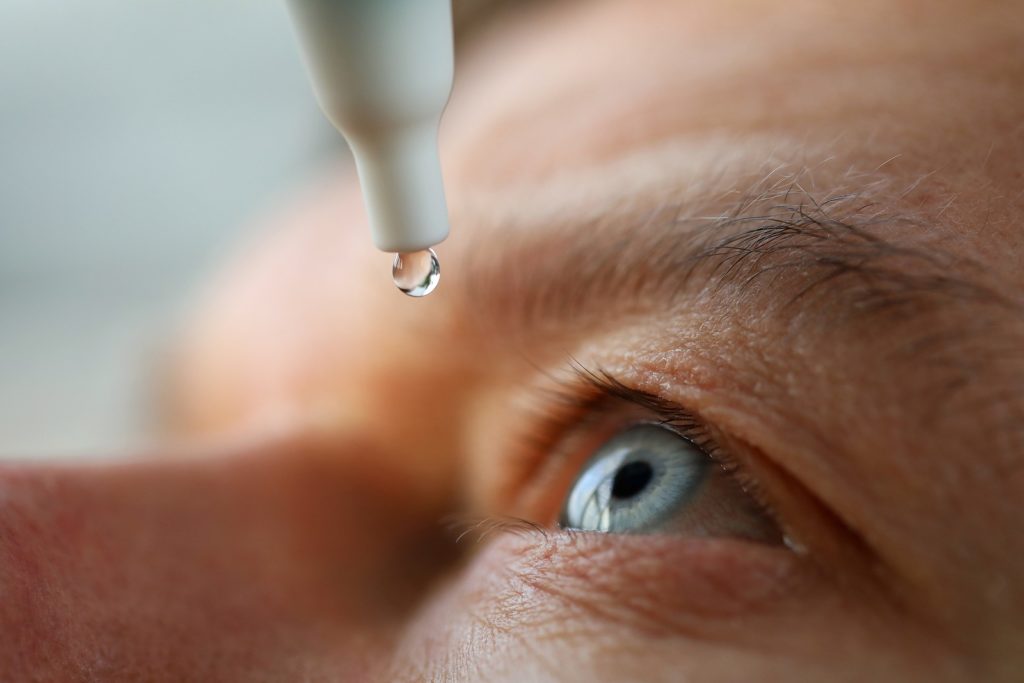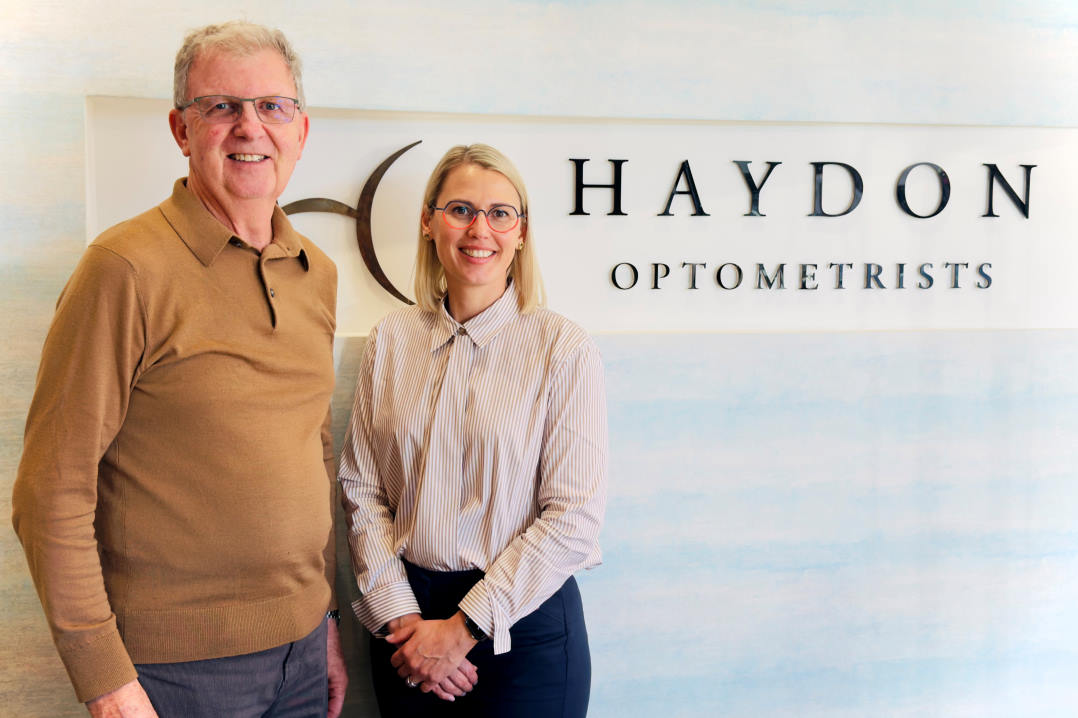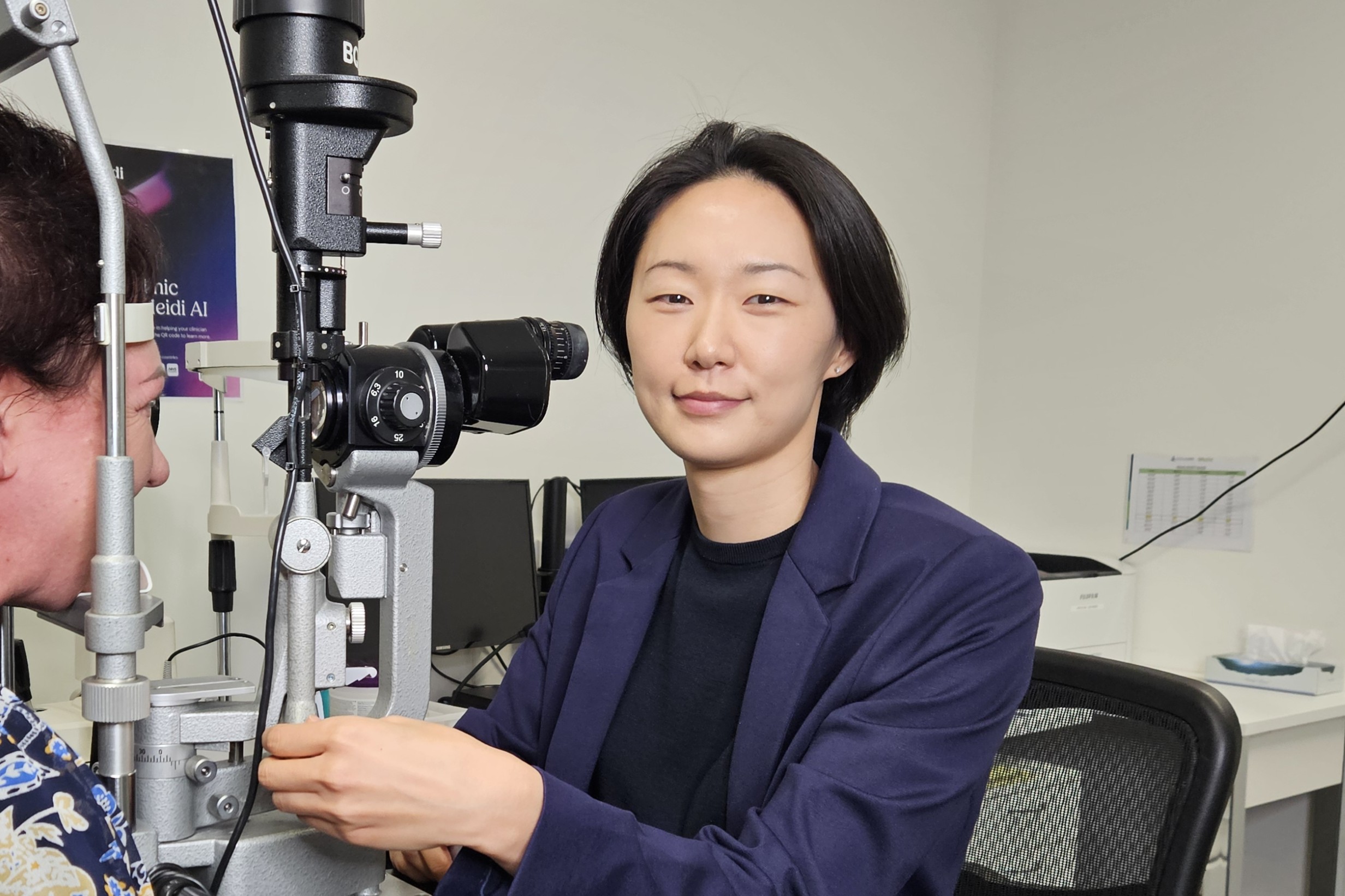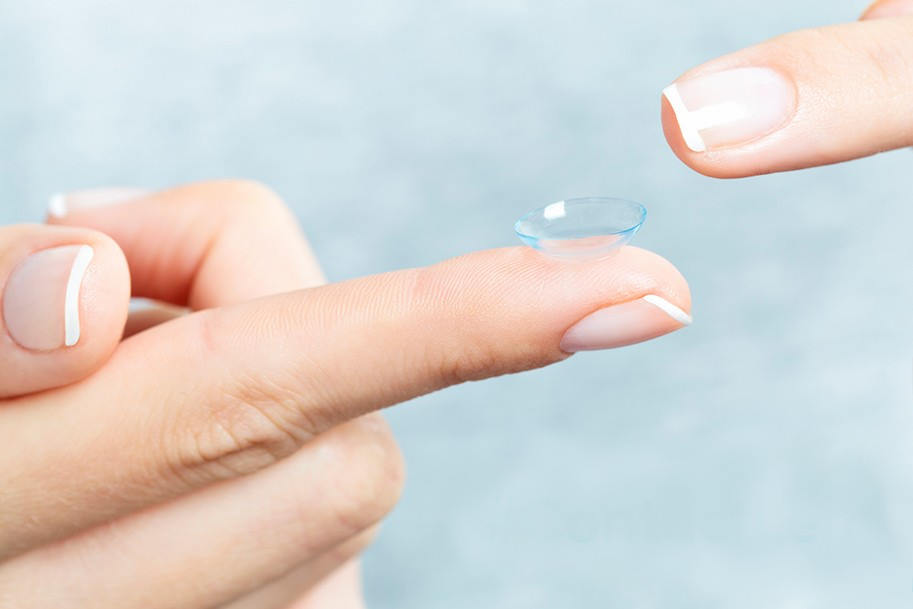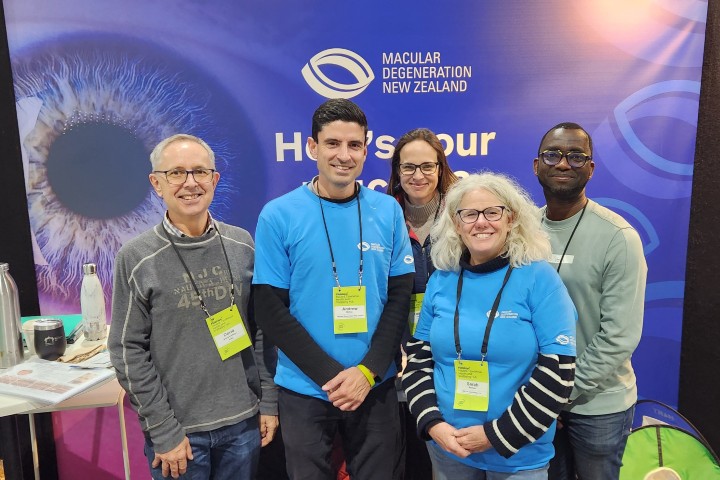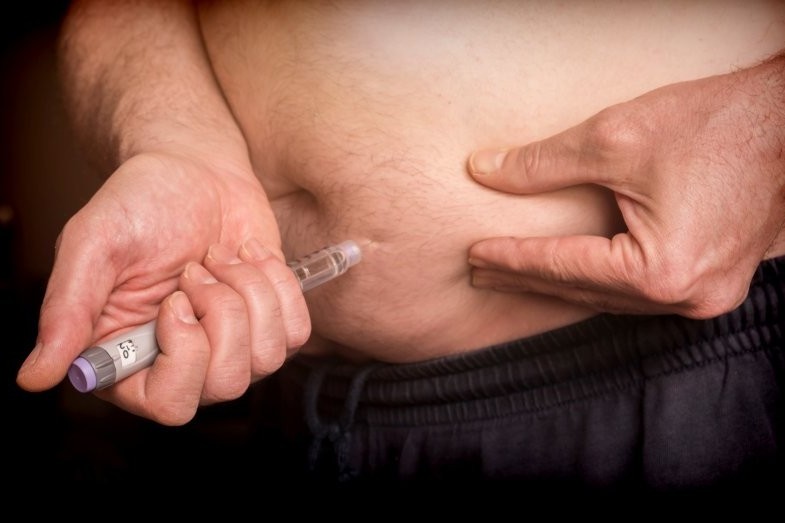Presbyopia drops show long-term benefit
A study by researchers in Argentina showed daily eye drops combining pilocarpine and diclofenac significantly improved near vision in people with presbyopia, with benefits sustained for up to two years.
The research was led by Dr Giovanna Benozzi, director of Buenos Aires’ Center for Advanced Research in Presbyopia, who presented the results at the 43rd Congress of the European Society of Cataract and Refractive Surgeons (ESCRS). Dr Benozzi said the study included 766 patients with a mean age of 55, who instilled the drops twice daily, with an optional third dose. Three combined diclofenac and pilocarpine concentrations of 1%, 2% or 3% were tested, she said.
“Our most significant result showed rapid and sustained improvements in near vision for all three concentrations. One hour after having the first drops, patients had an average improvement of 3.45 Jaeger lines. The treatment also improved focus at all distances,” said Dr Benozzi.
In the 1% group, 99% of 148 patients achieved optimal near vision of two or more extra lines. In the 2% group, 69% of 248 patients gained three or more lines, as did 84% of 370 patients in the 3% group. At 12 months, 83% of all patients maintained good functional near vision. The improvement in patients' vision was sustained for up to two years, with a median duration of 434 days.
Reported adverse effects were mild, the most common being transient dim vision (32%), headache (3.8%) and irritation at the time of instillation (3.7%). No patients discontinued treatment and no serious events, such as raised intraocular pressure or retinal detachment, were reported.
These results suggest this combination therapy offers a safe, effective and well-tolerated alternative to traditional presbyopia management, said Dr Benozzi. “It significantly reduces dependence on reading glasses, providing a convenient, non-invasive option for patients, although these eye drops may not eliminate the need for glasses in all individuals.”
Outside of this study, Dr Benozzi said she has other patients who have received the treatment for more than 10 years. Further multicentre studies are planned to confirm the drops’ long-term safety and effectiveness, she said.









